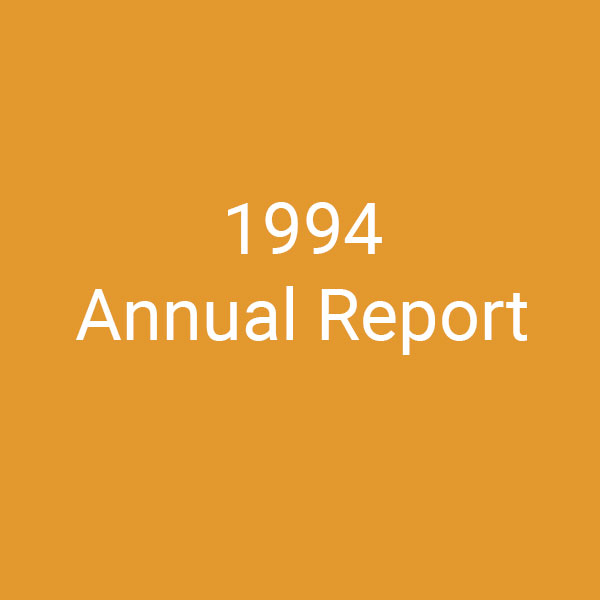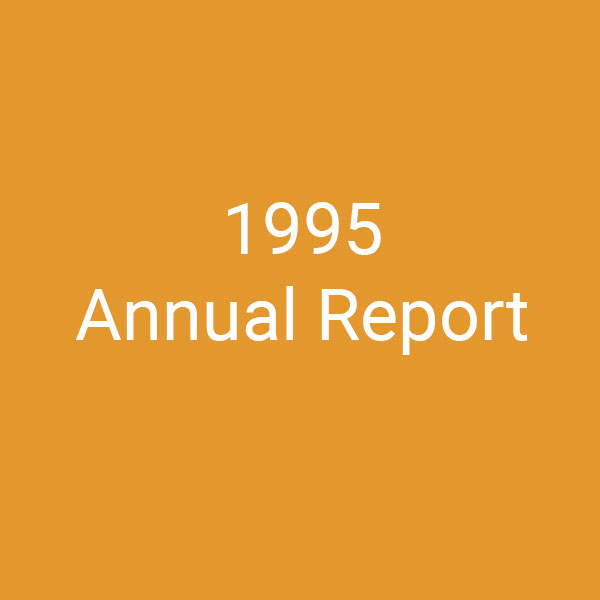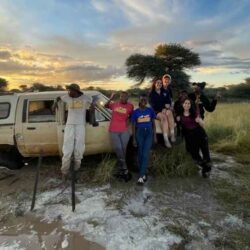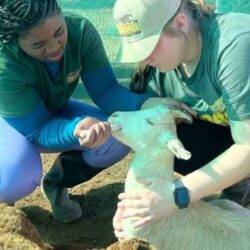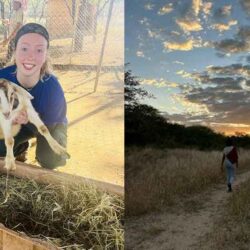Canadian Students’ Internship at CCF Namibia
-

- by Alexandra Michaud, Antonia Ibanez, and Tanya Nguyen June 4, 2023
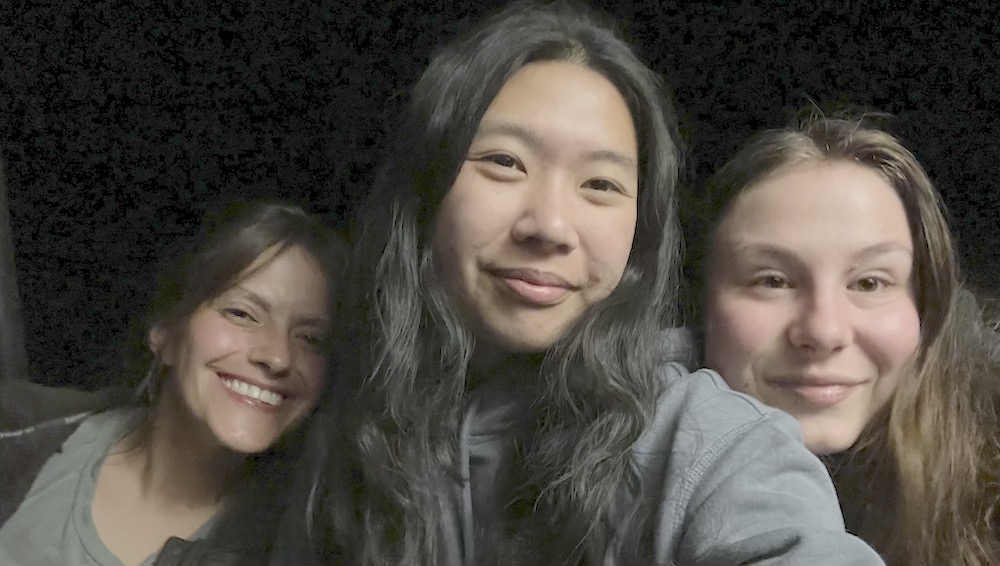
This post was broadcasted from Cheetah Conservation Fund Canada.
We are three animal health technician (AHT) students coming from Vanier College in Montreal, Canada. We were given the chance to experience an international internship and we jumped on the opportunity. Our five week internship at the Cheetah Conservation Fund (CCF) in Namibia has truly been an incredible experience for which we are all grateful.
As students in the animal health field, we mainly came to CCF to have the opportunity to work with a variety of animals that we do not or rarely encounter back in Canada. With this said, we were able to give a helping hand in each department at CCF and learn about the amazing work the people here do to make the world a better place for the cheetahs.
Save the Cheetahs
During our internship at CCF, we were able to observe how the morning cheetah runs were done. This activity consisted of exercising different cheetah groups and encouraging them to run after a decoy attached to a 300m long rope. This is an optional activity for the cats, which not only helps them remain fit but also stimulates them mentally.
When working with cheetahs, one of the main tasks as a volunteer or intern is food preparation. There is a special meat room where we cut and weigh the meat already pre-cut by other members of the staff.
As interns, we were also given the opportunity to participate in “center feedings”, which consisted of feeding the cheetahs in front of a group of guests while explaining to them important information about the cat’s nutrition, biology, and conservation.
Lastly, husbandry was another important task we had as interns while working in the cheetah team. This section included different activities, from cleaning their pens, changing their water bowls, picking up their feces, and more.
Dogs at work
We spent time with the Anatolian Shepherd dogs that are very good livestock guarding dogs. We helped clean their enclosures, gave them food and water, and brought them on walks. These dogs are incredibly sweet with people, but also workers that take their jobs very seriously and love protecting their livestock.
Other than the Anatolian Shepherds there are also the Belgian Malinois dogs that are trained to detect cheetah scat. We got the chance to see these dogs in action. They use their sense of smell to detect the scat, once detected they sit beside it and wait for their trainer to come confirm. If they are successful, they are rewarded with play time. We all enjoyed being able to see their impressive work.
Veterinarian Team
As veterinarian technicians, we mainly came to CCF to closely work with the veterinarian team. We started off our days with “goat checks“ where we make our way to the kraal and check on the goats and sheep part of the CCF’s model farm. We make sure they are in good condition and remain healthy. On some occasions, we would visit some of CCF’s farms to check on the livestock. If any abnormalities are found during our checks, we would examine the animal’s condition and treat it as recommended by the veterinarian. We were fortunate enough to have been at CCF during the lambing season. Many lambs were born over the course of our last 3 weeks.
In addition to the lambs, we were able to witness the birth of 8 adorable Anatolian Shepherd puppies. We cared for them by giving milk supplements to 2 of the 8 puppies, by monitoring their temperatures and by monitoring their growth by weighing them every day.
Being able to take what we were taught at our college and apply it in the field where we can aid in conservation and education for the various species at CCF has given us a step forward into our careers as animal health technicians. The knowledge passed down from the technician and veterinarian will help us grow in our current career and with our future plans.
Our Projects
During our time at CCF, we did 2 projects. One where we tested all the dogs to find out if they had parasites. We did this by collecting fecal samples from each dog and performing fecal analysis. After our research we informed the dog team which animal had parasites and which parasite it was so they could be dewormed. We also conducted a project in which we studied the toxic properties of the different plants around the center and their possible effects if ingested by the livestock when herding.
For our fellow Canadians
With the current knowledge we have about the endangerment of the cheetah species, there is a way for Canadians to help. With only 7500 individuals left in the world, it is time for people to step up and help us save the cheetahs. Due to human wildlife conflicts, cheetahs are often blamed by local farmers for the loss of their livestock as they are easier to spot compared to their nocturnal competitors. As a result, they are shot for it. However, the farmer is not to be blamed. Their livelihood relies on their livestock and each animal is crucial in their business.
It’s important to not put blame on farmers wanting to simply survive as well as the cheetahs. As Canadians, it is important to understand the situations these people are forcefully put into and how to aid them as well as helping the cheetahs to survive. With programs put into place to help the farmers keep predators away by using guard dogs has shown a 97% successful rate. The Anatolian Shepherd program has come to many farmers’ aids and has continuously shown to be helping the human and wildlife conflict.
The Cheetah Conservation Fund is helping cheetahs worldwide to overcome this issue and we can help too. Canadians can help by educating others and bringing awareness about the cheetah’s situation. They can volunteer at the Cheetah Conservation Fund or donate to keep their work alive, therefore saving the cheetah.
CCF has an affiliate in Canada that is responsible to raise awareness and funding for field work in Namibia and Somaliland.
Stay up-to-date...
with the activities of Cheetah Conservation Fund in Canada, Namibia and Somaliland. We send semi-annual newsletters and info about special events and initiatives. We do not share your email address with any other organization.
Related Reading
-
June 9, 2025
Vanier Student’s Internship Experience at CCF

